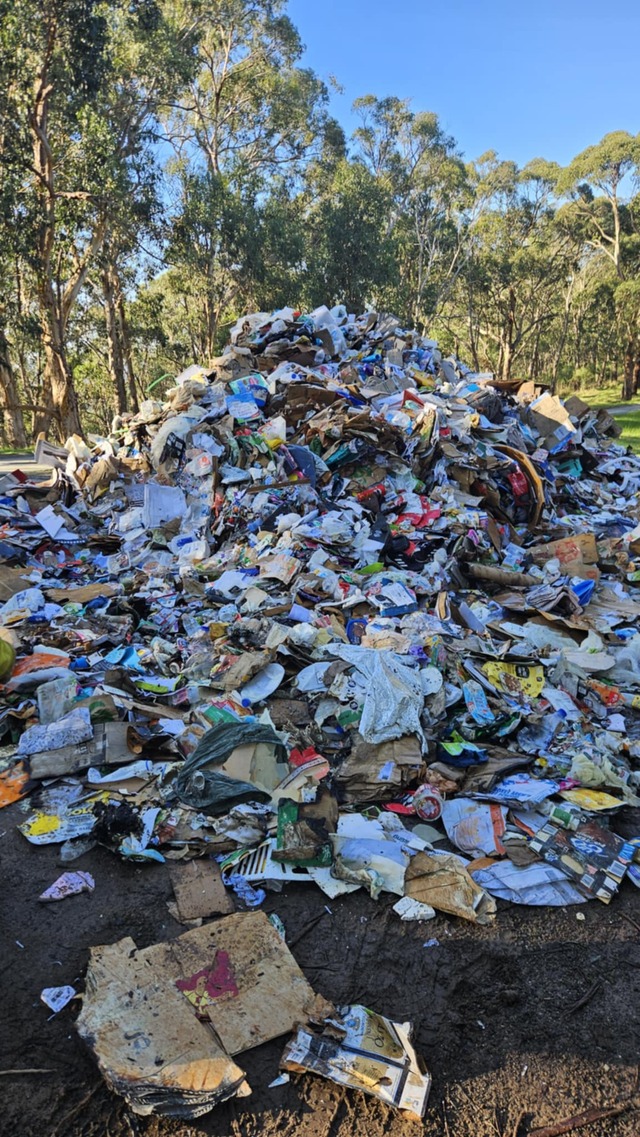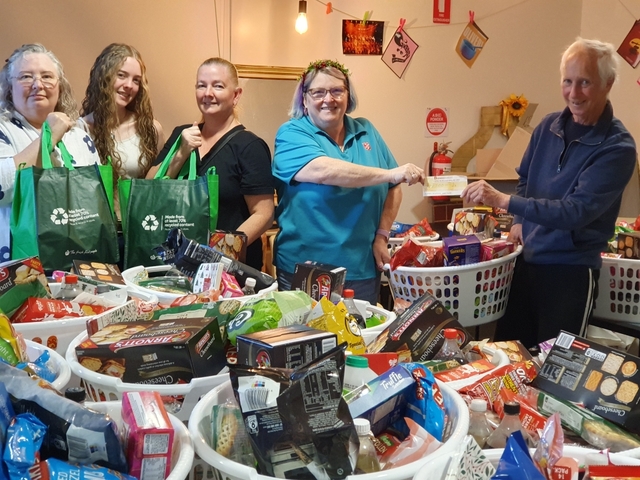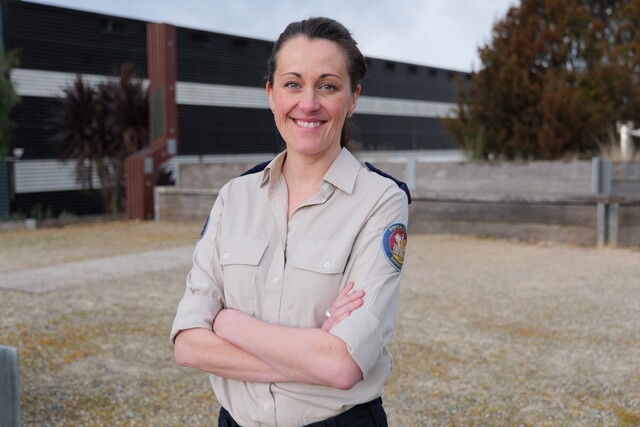Victorians are being reminded to book in their annual flu vaccination ahead of an expected rise in flu and other respiratory viruses this winter.
Victorian Chief Health Officer Clare Looker visited the Royal Children’s Hospital for her annual vaccination and to encourage more Victorians to get theirs, particularly those at higher risk such as children under five.
“The flu can be deadly – getting vaccinated is the best thing you can do to protect yourself and your loved ones,” Dr Looker said.
“The influenza virus changes throughout the year so new vaccines are developed for each season, which is why it’s critically important to stay up to date with your shots.”
Flu vaccination is recommended for anyone six months and older and is free under the National Immunisation Program for people considered to be at higher risk.
People considered to be at higher risk include children aged six months to under five years, Aboriginal and Torres Strait Islander people aged six months and older, pregnant women, people aged 65 and over, and people with medical conditions that put them at increased risk of severe flu and its complications.
People can get their vaccine at general practices, pharmacies, council immunisation clinics, Aboriginal Health Services and often at their workplace.
There have been 7,769 cases of flu reported in Victoria so far this season, 1,455 more cases than the same time last year. It remains early in this year’s flu season and numbers are expected to rise more steeply as we head into winter.
Dr Looker said annual vaccination reduced the chance of catching flu and could reduce the severity of illness in those who still become infected.
“Flu is highly contagious,” she said.
“While it most often causes mild to moderate illness with symptoms such as fever and cough, severe illness can develop. Especially vulnerable are babies, children, older people, and people with underlying medical conditions.”
Flu vaccines can be given at the same time as other National Immunisation Program vaccines and Covid-19 vaccines.
In addition to vaccination, simple steps can be taken to stop the spread of respiratory illnesses in the community, such as flu, seasonal respiratory illnesses, and COVID-19. This includes washing or sanitising hands, coughing or sneezing into your elbow, wearing a mask, and staying home when sick.
More information on flu vaccination is available on Better Health Channel and Kids Health Information.







